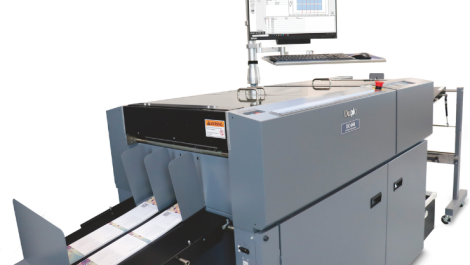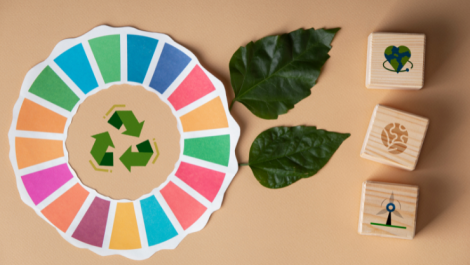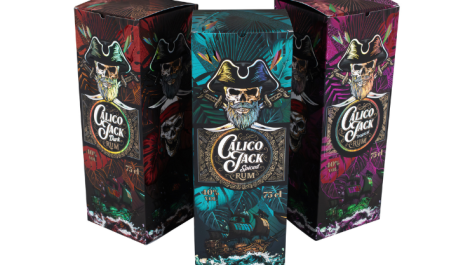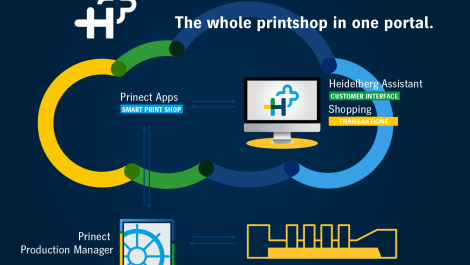The weekly Verdigris blog by Laurel Brunner
For those of us who find the concept of patience anathema, progress on sustainability is taking too long. However that sustainability takes time is the reality and is probably a reflection of how hard it is for businesses to shift their thinking.
Sustainability progress depends on a cultural change and this is a slow process. All industries, business owners and consumers have to move away from treating resources as an endless privilege to which we have absolute rights. Instead organisations operating in the graphic arts sector have to turn around their thinking towards something more holistic.
Heidelberg is the big beast of printing and a terrific example of how tough it can be to turn around a business, and indeed an industry. It has taken some twenty years for Heidelberg to move from sustainability vision to reality. The company’s sustainability report for 2011-2012 explains in just the right amount of detail how far Heidelberg has come in putting its ideas into practise.
The eco-ethos starts at the top and in Heidelberg’s case reaches down through an organisational pyramid right to the shop floor. Major departments are represented on an ECO Council chaired by Stephan Plenz, a member of Heidelberg’s management board.
The ECO Council and its associated working groups come up with ideas for environmental projects which are ultimately in the hands of employees. People are the basis of change in environmental impact, however many people in our industry are still too confused by the complexities of environmental science. This means that too often they prefer simply to ignore it which is not good. In order to overcome this problem, Heidelberg has encouraged a change in employee behaviour through raised awareness of CO2 emissions reduction.
Taking a simpler approach can help people to engage more readily, rather than trying to teach the nuances of Life Cycle Assessment, a decidedly daunting task. In any organisation, encouraging people to understand the principles of an environmental programme and the underlying reasons for its purpose is absolutely necessary. Understanding gives people the confidence to develop their own ideas for controlling emissions or cutting waste or whatever. Often such new ideas can be quite unexpected, such as Heidelberg’s lead free soldering which has eliminated the use of 300 kg of lead per year.
Ideas are the basis of progress and even though we want sustainability progress to happen more quickly, it is nonetheless happening. Together people are doing the work and changing the ethos. Initiatives and commitment from major players like Heidelberg provide the support for grass roots efforts as well as major projects driving positive change in our industry. Progress may be slow but it is steady and yielding real results.
http://verdigrisproject.com/blog/about-time
This article is part of the Verdigris series of stories about understanding the environmental impact of print. The Verdigris Project is supported by Agfa Graphics, Canon Europe, Digital Dots, drupa, EcoPrint, EFI, Fespa, HP, Pragati Offset, Ricoh, Splash PR, Unity Publishing and Xeikon.





